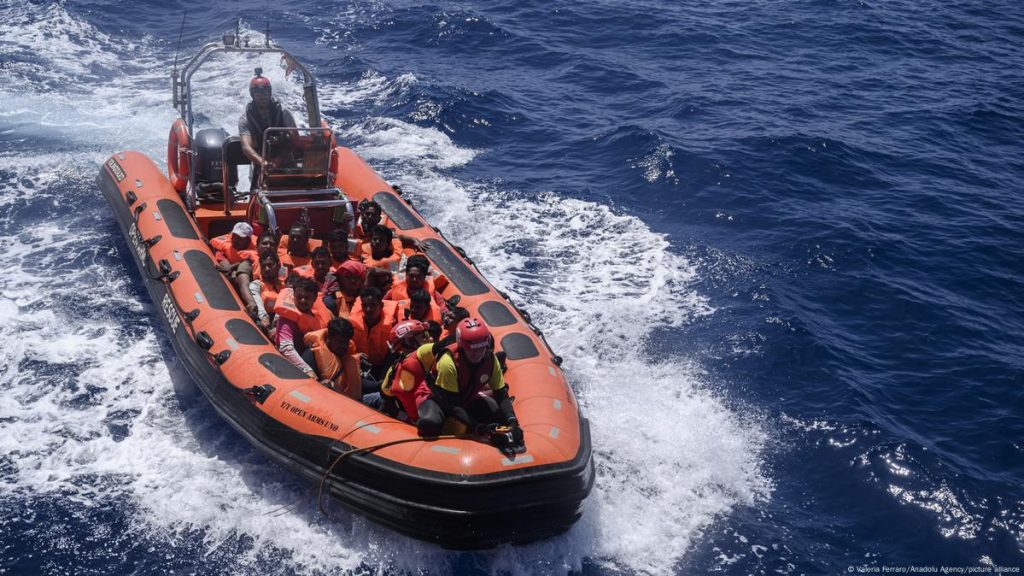Germany has officially ended its financial support for non-governmental organizations (NGOs) involved in rescuing migrants in the Mediterranean Sea. The government stated that it will redirect those funds toward tackling the root causes of migration in crisis-hit regions.
For years, thousands of people escaping war, persecution, and poverty have risked their lives crossing the Mediterranean to reach Europe. Tragically, many have died along the way, making sea rescue operations a crucial humanitarian effort.
At a recent press conference, Foreign Minister Johann Wadephul defended the decision, emphasizing Germany’s continued commitment to humanitarian aid. However, he stressed that sea rescue missions should no longer fall under the Foreign Office’s mandate.
“Our focus must shift to areas where humanitarian needs are most critical,” Wadephul said, citing ongoing crises such as the conflict in Sudan.
Until now, Germany contributed around €2 million ($2.34 million) annually to NGOs conducting sea rescue, funding initiated under the former centre-left administration. Organizations like Sea-Eye, which claims to have saved over 175,000 lives since 2015, relied on this government support for about 10% of their annual income.
The policy change comes in the wake of February’s elections, which brought Chancellor Friedrich Merz’s conservative government to power. The administration has taken a tougher stance on migration, a position that resonated with voters concerned about immigration and helped boost the popularity of the far-right Alternative for Germany (AfD), now the Bundestag’s second-largest party.
Although migration numbers have declined in recent years, public anxiety around the issue remains high. Experts maintain that migration is largely driven by worsening conditions in migrants’ countries of origin, rather than policies in destination nations.
Despite this, some policymakers argue that rescue efforts might unintentionally encourage more dangerous crossings. Gorden Isler, chair of Sea-Eye, warned that the loss of funding could prevent their ships from carrying out critical missions. “Government support made more rescue operations possible and helped save lives. Without it, we may be forced to stay in port, even in emergencies,” he said.
The opposition Green Party, which oversaw the Foreign Office when the funding was introduced, condemned the decision. “This move will only increase suffering and escalate the humanitarian crisis,” said Britta Hasselmann, co-leader of the party’s parliamentary group.

